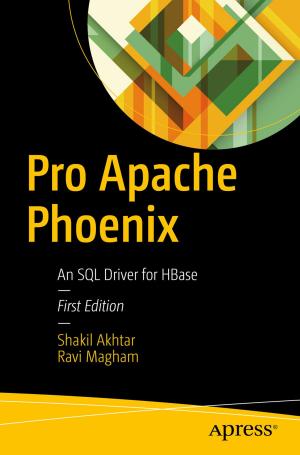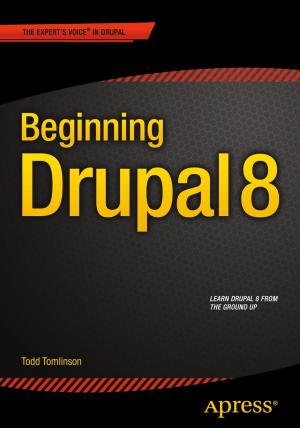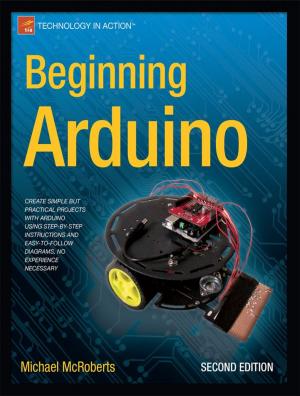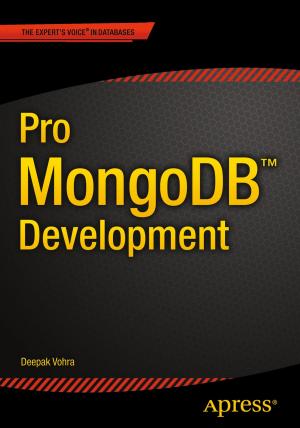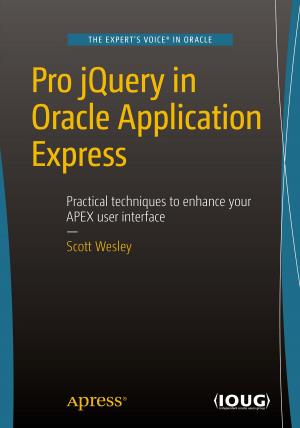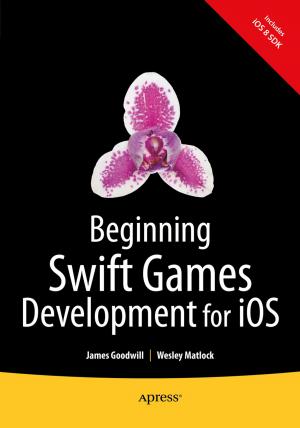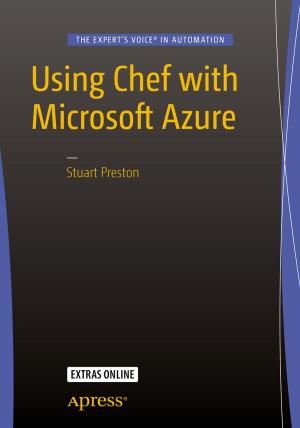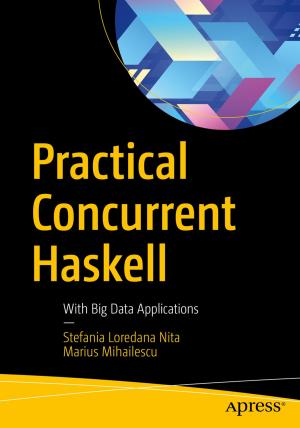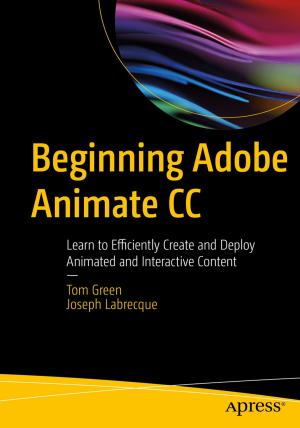C++ Standard Library Quick Reference
Nonfiction, Computers, Programming, Programming Languages, General Computing| Author: | Marc Gregoire, Peter Van Weert | ISBN: | 9781484218761 |
| Publisher: | Apress | Publication: | June 13, 2016 |
| Imprint: | Apress | Language: | English |
| Author: | Marc Gregoire, Peter Van Weert |
| ISBN: | 9781484218761 |
| Publisher: | Apress |
| Publication: | June 13, 2016 |
| Imprint: | Apress |
| Language: | English |
This quick reference is a condensed guide to the essential data structures, algorithms, and functions provided by the C++ Standard Library. Used by millions of C++ programmers on a daily basis, the C++ Standard Library features core classes for strings, I/O streams, and various generic containers, as well as a comprehensive set of algorithms to manipulate them. In recent years, the C++11 and C++14 standards have added even more efficient container classes, a new powerful regular expression library, and a portable multithreading library featuring threads, mutexes, condition variables, and atomic variables.
Needless to say, it is hard to know and remember all the possibilities, details, and intricacies of this vast and growing library. This handy reference guide is therefore indispensable to any C++ programmer. It offers a condensed, well-structured summary of all essential aspects of the C++ Standard Library. No page-long, repetitive examples or obscure, rarely used features. Instead, everything you need to know and watch out for in practice is outlined in a compact, to-the-point style, interspersed with practical tips and well-chosen, clarifying examples. The book does not explain the C++ language or syntax, but is accessible to anyone with basic C++ knowledge or programming experience. Even the most experienced C++ programmer though will learn a thing or two from it and find it a useful memory-aid. Among the topics covered are:
What You Will Learn
-
Gain the essentials that the C++ Standard Library has to offer
-
Use containers to efficiently store and retrieve your data
-
Use algorithms to inspect and manipulate your data
-
See how lambda expressions allow for elegant use of algorithms
-
Discover what the standard string class provides and how to use it
-
Write localized applications
-
Work with file and stream-based I/O
-
Discover what smart pointers are and how to use them to prevent memory leaks
-
Write safe and efficient multi-threaded code using the threading libraries
Who This Book Is For
All C++ programmers: irrespective of their proficiency with the language or the Standard Library, this book offers an indispensable reference and memory-aid.
A secondary audience is developers who are new to C++, but not new to programming, and who want to learn more on the C++ Standard Library in a quick, condensed manner.
This quick reference is a condensed guide to the essential data structures, algorithms, and functions provided by the C++ Standard Library. Used by millions of C++ programmers on a daily basis, the C++ Standard Library features core classes for strings, I/O streams, and various generic containers, as well as a comprehensive set of algorithms to manipulate them. In recent years, the C++11 and C++14 standards have added even more efficient container classes, a new powerful regular expression library, and a portable multithreading library featuring threads, mutexes, condition variables, and atomic variables.
Needless to say, it is hard to know and remember all the possibilities, details, and intricacies of this vast and growing library. This handy reference guide is therefore indispensable to any C++ programmer. It offers a condensed, well-structured summary of all essential aspects of the C++ Standard Library. No page-long, repetitive examples or obscure, rarely used features. Instead, everything you need to know and watch out for in practice is outlined in a compact, to-the-point style, interspersed with practical tips and well-chosen, clarifying examples. The book does not explain the C++ language or syntax, but is accessible to anyone with basic C++ knowledge or programming experience. Even the most experienced C++ programmer though will learn a thing or two from it and find it a useful memory-aid. Among the topics covered are:
What You Will Learn
-
Gain the essentials that the C++ Standard Library has to offer
-
Use containers to efficiently store and retrieve your data
-
Use algorithms to inspect and manipulate your data
-
See how lambda expressions allow for elegant use of algorithms
-
Discover what the standard string class provides and how to use it
-
Write localized applications
-
Work with file and stream-based I/O
-
Discover what smart pointers are and how to use them to prevent memory leaks
-
Write safe and efficient multi-threaded code using the threading libraries
Who This Book Is For
All C++ programmers: irrespective of their proficiency with the language or the Standard Library, this book offers an indispensable reference and memory-aid.
A secondary audience is developers who are new to C++, but not new to programming, and who want to learn more on the C++ Standard Library in a quick, condensed manner.

